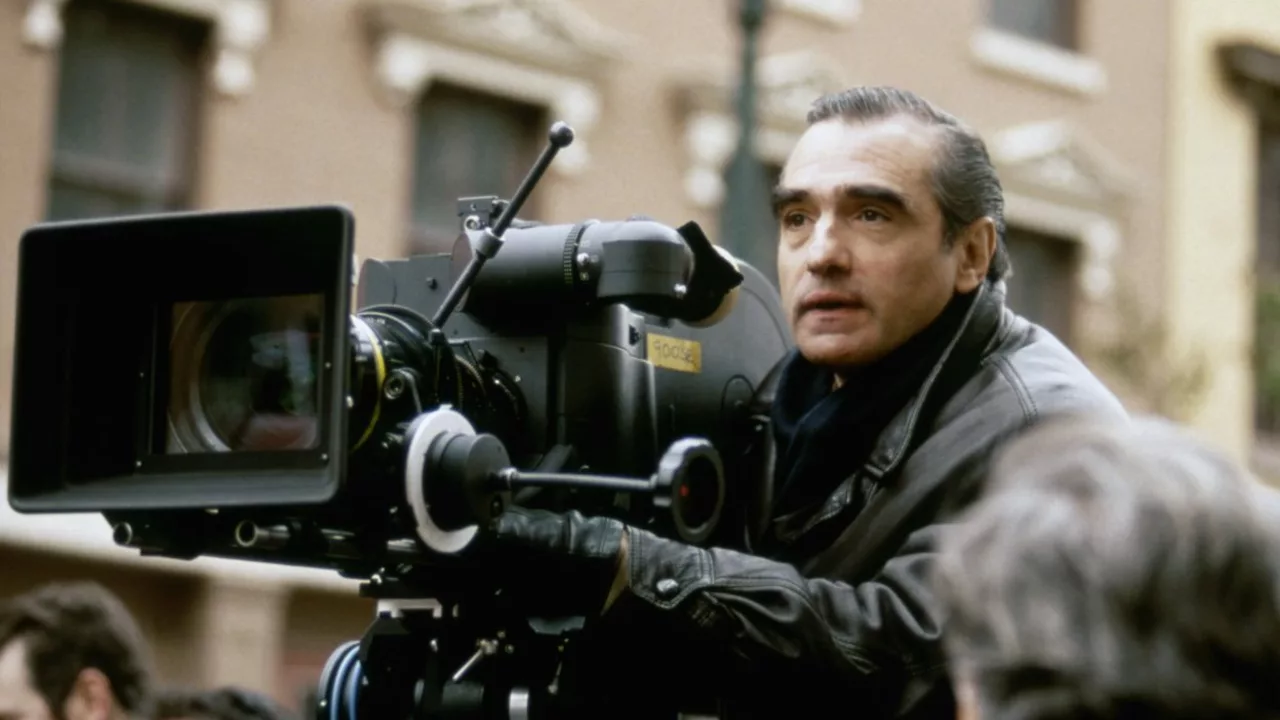The Artistic Vision of Martin Scorsese
When it comes to cinema, Martin Scorsese is a name that stands out. He's a director with an impressive body of work, and his films are admired and studied by enthusiasts and experts alike. However, if you take a closer look at his filmography, there's a noticeable absence of sequels or franchise films. As a cinephile, I've always been curious about this fact, so I decided to delve into why Scorsese's artistic vision is at odds with the sequel and franchise formats.
Understanding the Essence of Sequels and Franchises
Before we delve into Scorsese's approach, it's important to understand what sequels and franchises are all about. Sequels are follow-up films that continue the story or expand the universe of the original movie. Franchises, on the other hand, are a series of films centered around a common theme, story, or set of characters. These formats have become a staple in Hollywood, with studios investing heavily in them for their potential to generate substantial box office earnings.
Scorsese's Distinctive Storytelling Approach
Scorsese is a director who is known for his unique and distinctive storytelling approach. His films are typically character-driven, exploring complex themes and human experiences. In a Scorsese film, the plot is secondary to the characters and their development. This is why his films are often standalone pieces, each one presenting a new set of characters and a different exploration of the human condition.
Commitment to Creative Freedom
Another reason for Scorsese's aversion to sequels and franchises is his commitment to creative freedom. Sequels and franchises often come with certain constraints, such as pre-established characters and plotlines. This can limit a director's creative freedom, forcing them to conform to the expectations and demands of the studio and the audience. Scorsese, however, values his creative independence and prefers to work on projects that allow him to express his vision without constraints.
The Commercial Pressure of Franchises
Franchises and sequels come with a hefty amount of commercial pressure. The expectation to generate significant box office returns can often overshadow the artistic aspects of filmmaking. The emphasis on profit can lead to compromises in the storytelling process, something that Scorsese has always been wary of. His primary focus is on the art of cinema, not its commercial potential.
Respecting the Integrity of the Film
For Scorsese, every film is a complete work of art in itself and should be respected as such. He believes that extending a story over multiple films can dilute the impact and integrity of the original film. His films are carefully crafted narratives, each one a reflection of his artistic vision and storytelling prowess. Adding sequels or turning them into franchises would, in his view, compromise the integrity of these narratives.
Preserving the Art of Cinema
Scorsese is not just a filmmaker, he's a staunch advocate for the preservation of the art of cinema. He's spoken out against the current trend of franchise filmmaking, expressing concern that it's leading to the homogenization of cinema. For him, the beauty of cinema lies in its diversity and its ability to tell a wide range of stories. By avoiding sequels and franchises, he's doing his part to preserve the diversity and richness of cinema.
Conclusion: Staying True to His Vision
In a world where sequels and franchises are the norm, Scorsese stands out for his commitment to his artistic vision. He's a filmmaker who values creative freedom, respects the integrity of his films, and strives to preserve the art of cinema. While his approach may not resonate with everyone, there's no denying that it's resulted in some of the most memorable and influential films in the history of cinema.
